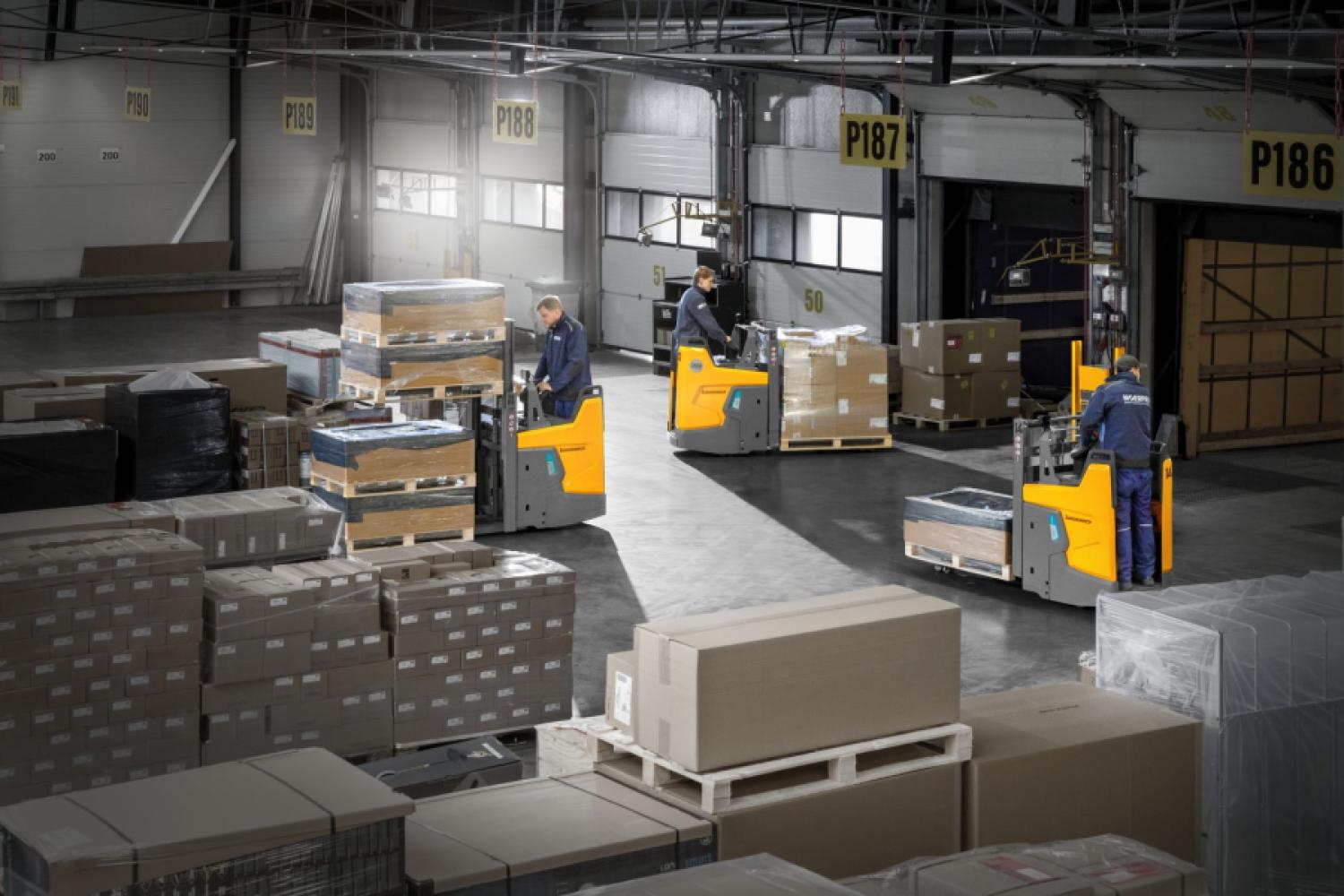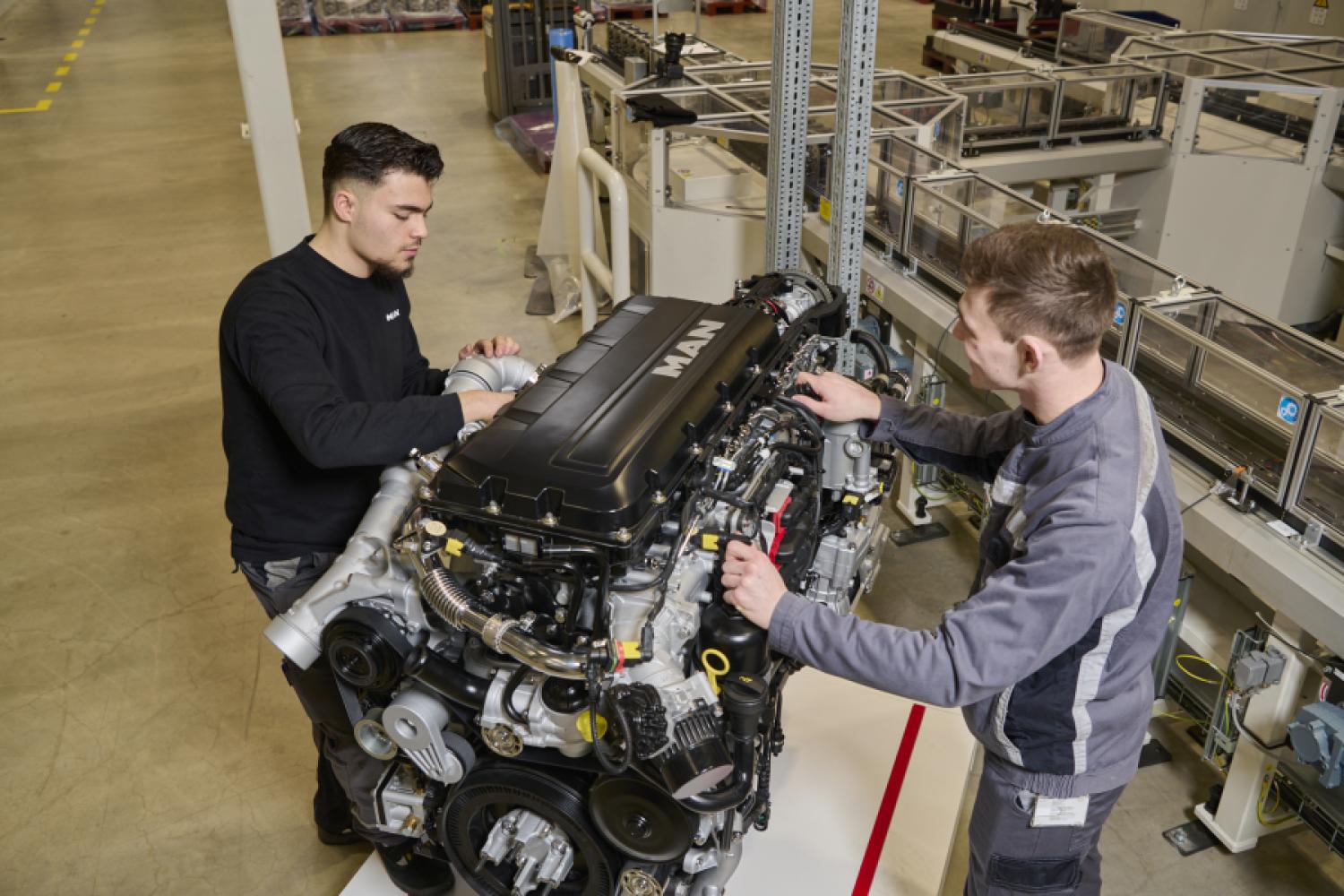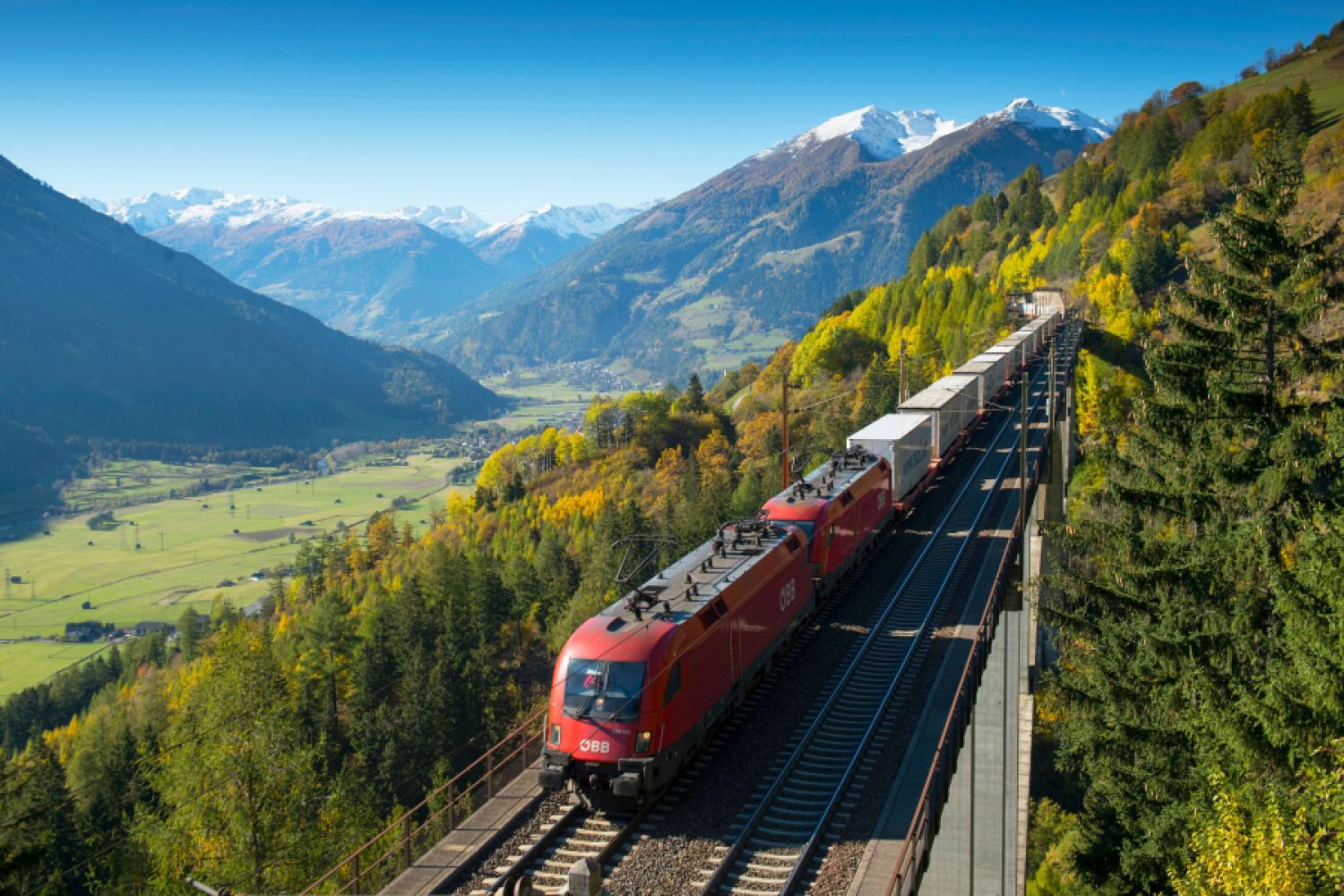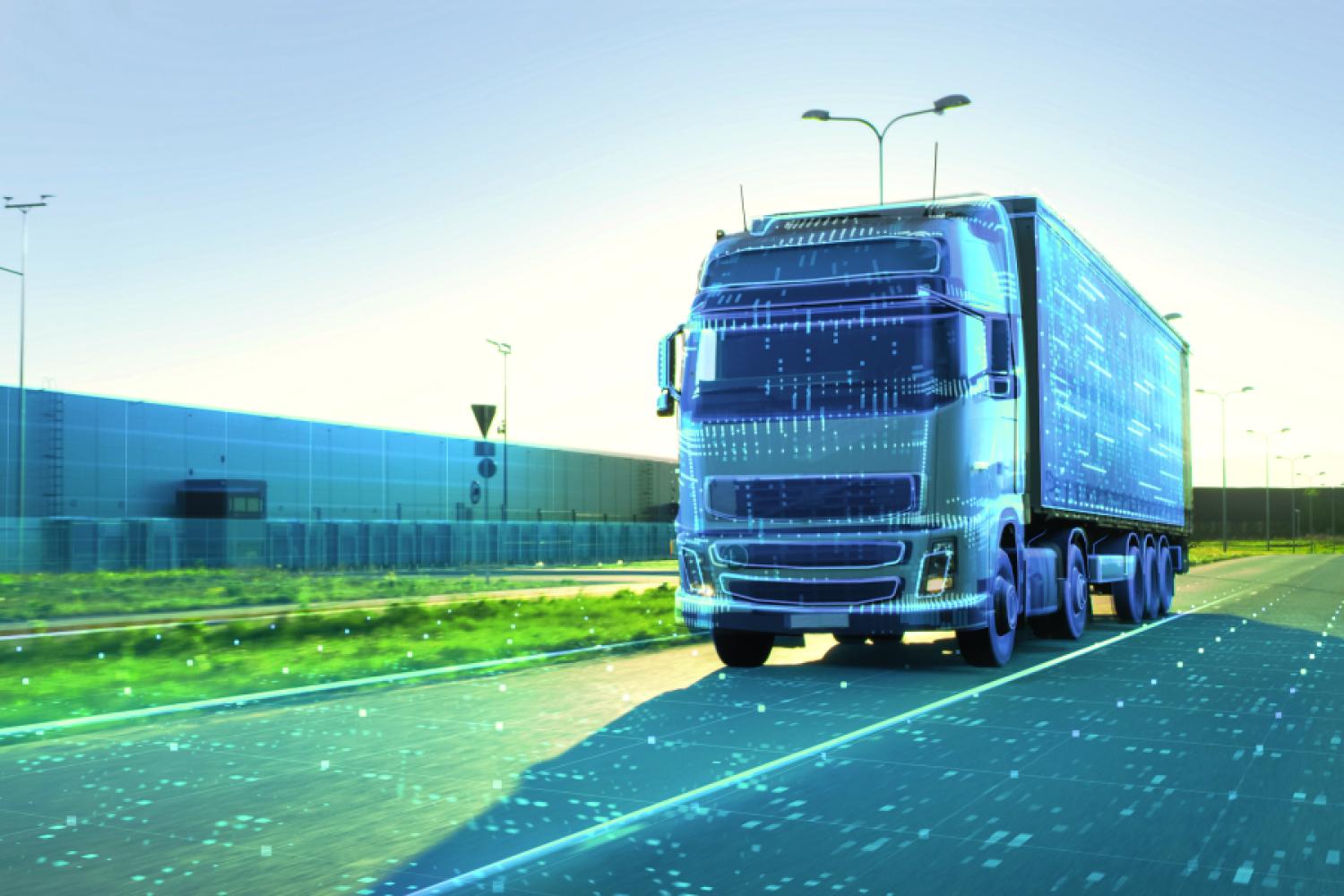The clock is ticking: By 2030, manufacturers of heavy-duty vehicles in the EU must reduce their CO2 emissions by 45 percent compared to 2021. However, many transport companies still lack the prerequisites to renew their fleets at this pace. The International Road Transport Union (IRU) has therefore invited leading representatives from politics, industry, and associations to a summit meeting in Brussels on June 3, 2025.
According to the IRU, companies are already investing in lower-emission vehicles and adapting their operations. However, the necessary political and financial framework conditions are not sufficiently in place.
“Operators are already renewing their fleets. They are investing in clean vehicles and restructuring their operations. But the transition cannot succeed without clear, coordinated support from politics, especially since our industry is predominantly made up of small and medium-sized enterprises,” explained Raluca Marian, EU Director of the IRU, ahead of the event.
The conference, titled “Decarbonising EU road transport: Solutions for 2030 and beyond,” will be held at the Representation of the State of Baden-Württemberg to the European Union. The focus will be on how climate goals can be translated into concrete actions
without jeopardizing mobility and competitiveness. The program includes contributions from the European Commission, the European Parliament and the Member States, as well as actors from the fields of transport, logistics, vehicle manufacturing, energy supply, and finance.
The discussions will include financial and regulatory instruments to accelerate fleet modernization. Furthermore, experiences of companies with implemented decarbonization strategies as well as assessments of the scalability of emission-free vehicles, energy supply, and infrastructure in Europe should be included in the discussion.
Marian emphasized: “We expect concrete measures, funding, incentives, and regulatory clarity from the talks, enabling
companies to move forward faster and further. If Europe is serious about its climate goals, now is the time to act.”
To conclude the event, the Belgian Federal Minister for Mobility, Climate and Ecological Transition, Jean-Luc Crucke, will present the results of the meeting from a national perspective.
The IRU sees the gathering as a decisive step in aligning political objectives with the operational reality in road freight transport. The focus is on open exchange about practical and implementable solutions for a sustainable transformation, supported by the companies that keep Europe’s economy moving






